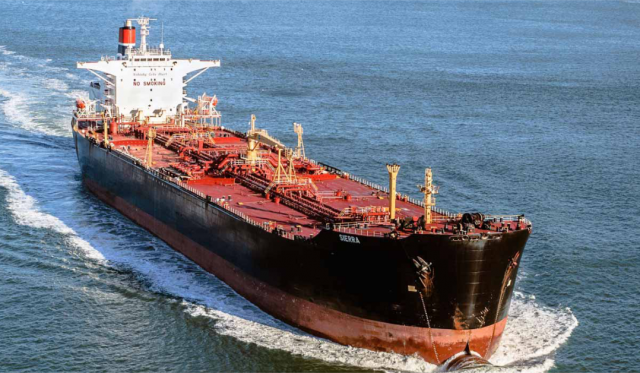ABUJA, Nigeria - The Nigerian Midstream and Downstream Petroleum Regulatory Authority (NMDPRA) has announced that Nigeria has made considerable reductions in its importation of Premium Motor Spirit (PMS).
During a Meet-the-Press briefing organized by the Presidential Communications Team (PTC) at the State House in Abuja on Tuesday, NMDPRA's CEO, Farouk Ahmed, stated that the country's daily PMS imports fell from 44.6 million litres in August 2024 to 14.7 million litres as of April 13.
He credited the 30-million-litre decline in imports to an increase in output from local refineries.
Ahmed revealed that local petrol production soared by 670 per cent over the same timeframe, attributing this growth to the gradual resumption of the Port Harcourt Refining Company in November 2024, along with enhanced production from modular refineries across Nigeria.
“After contributing almost nothing in August 2024, local facilities produced 26.2 million litres per day in early April, a significant rise from the 3.4 million litres recorded in September 2024, which marked the first month of tangible output,” stated Ahmed.
Despite the increase in domestic supply, the total national supply exceeded the government's consumption benchmark of 50 million litres per day. “Only twice in the past eight months did it go beyond this figure—56 million litres in November 2024 and 52.3 million litres in February 2025,” Mr. Ahmed noted.
He mentioned a small decline in March 2025 to 51.5 million litres per day, while the first half of April saw an even lower average of 40.9 million litres per day.
Ahmed emphasized that the NMDPRA issues import licenses strictly according to national supply needs, highlighting the authority’s dedication to harmonizing imports with the growing local production capacity.
He urged a collaborative national effort to protect and sustain Nigeria’s oil and gas infrastructure.
He stressed that all stakeholders—including security forces, political leaders, traditional rulers, youth, and oil firms—must unite to safeguard national energy resources.
The CEO also pointed out that local government bodies and international oil companies (IOCs) such as NNPCL, along with indigenous firms, need to ensure the protection and maintenance of oil assets. “Until we all commit to securing these national resources, we must refrain from blaming others,” he remarked.
Ahmed reiterated NMDPRA’s pledge to transparency and accountability within the midstream and downstream sectors.




















